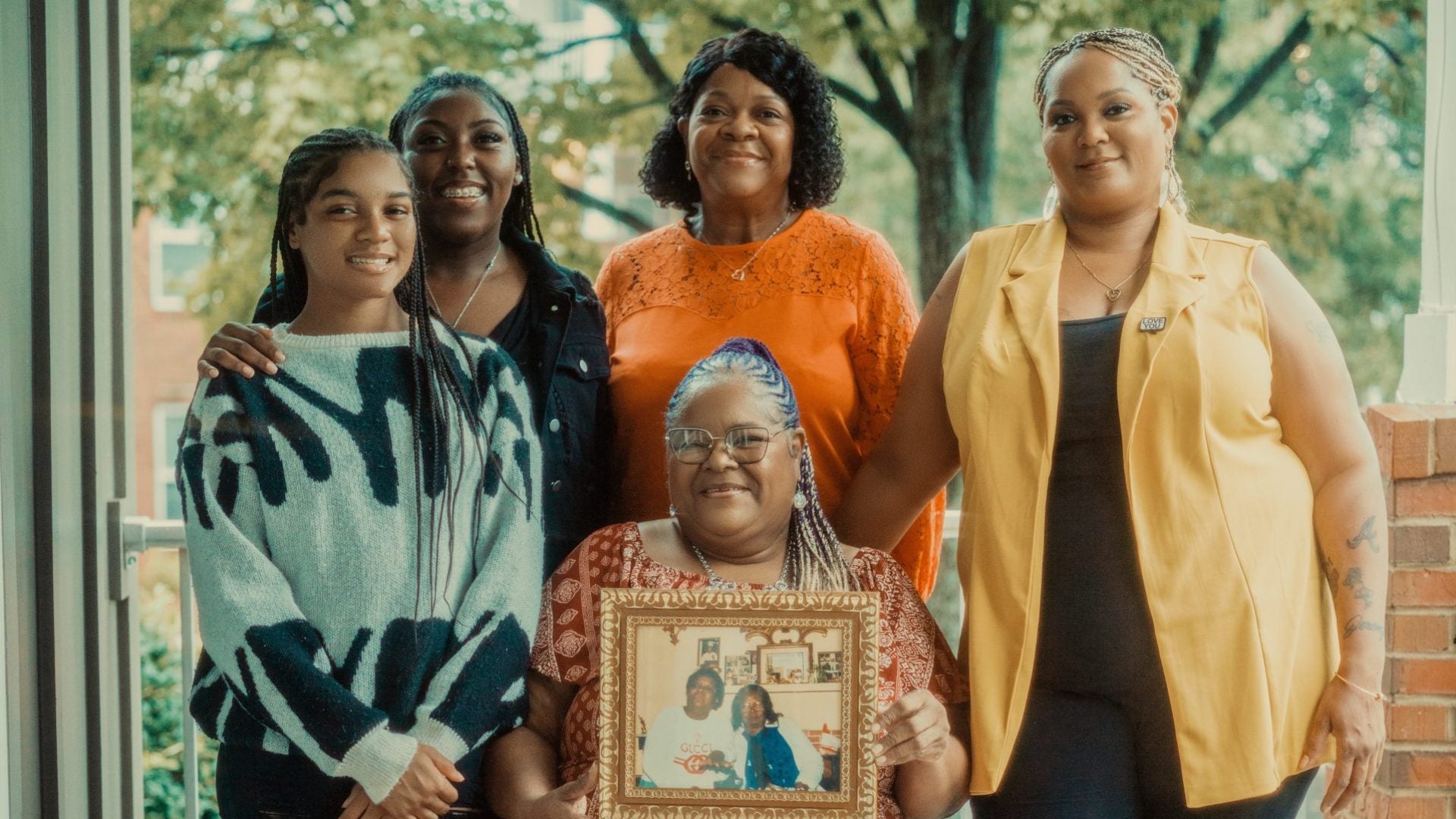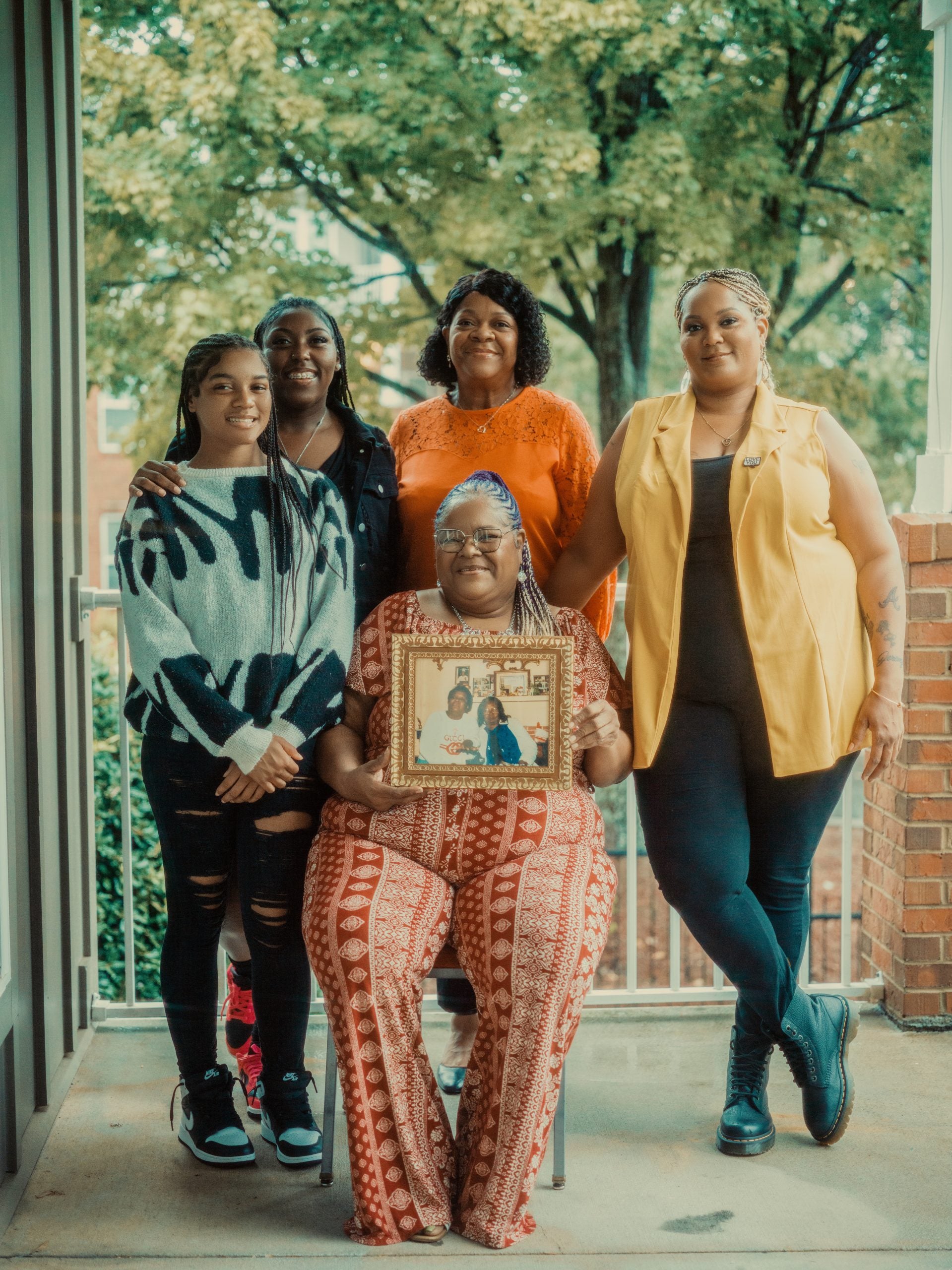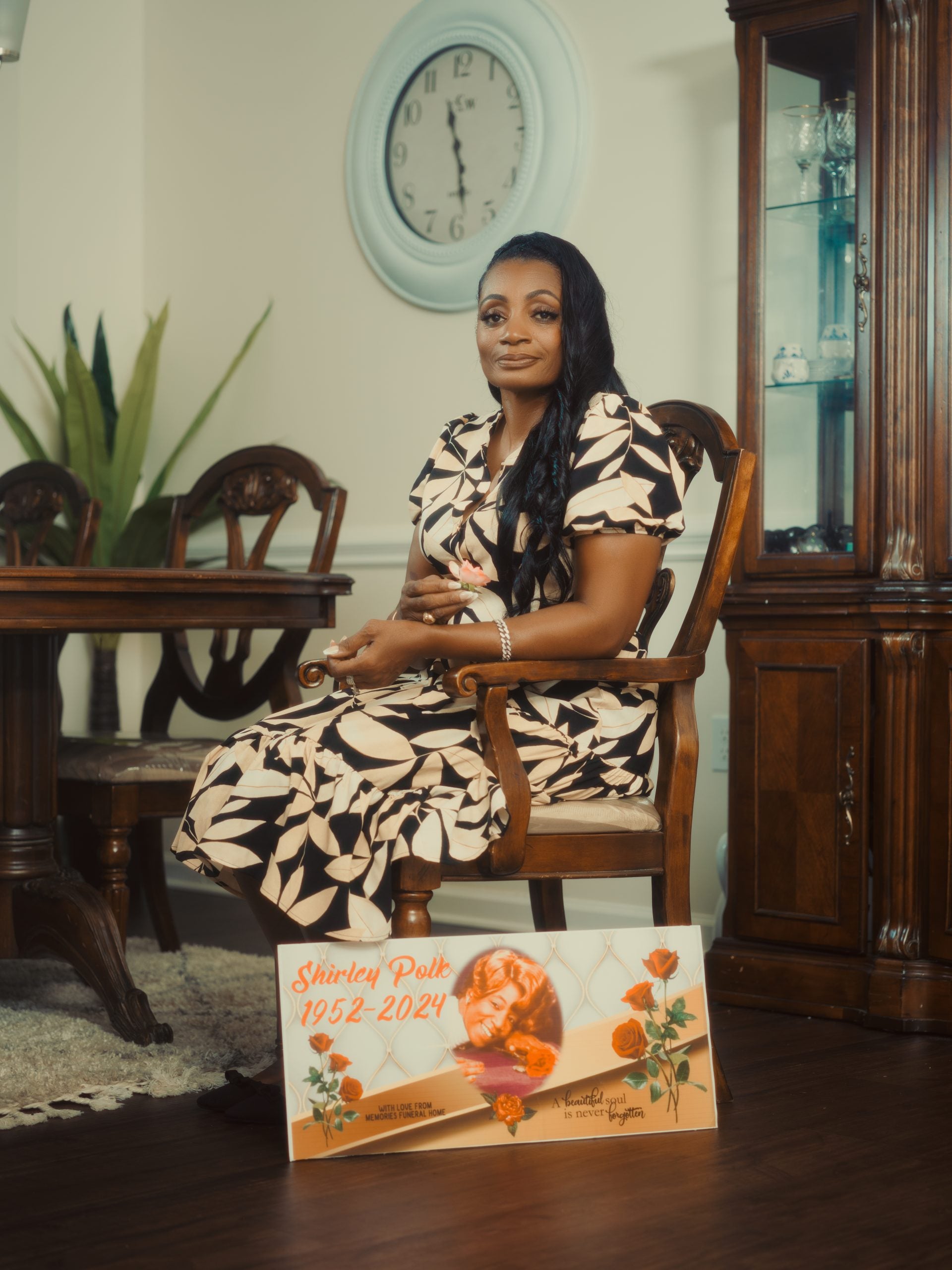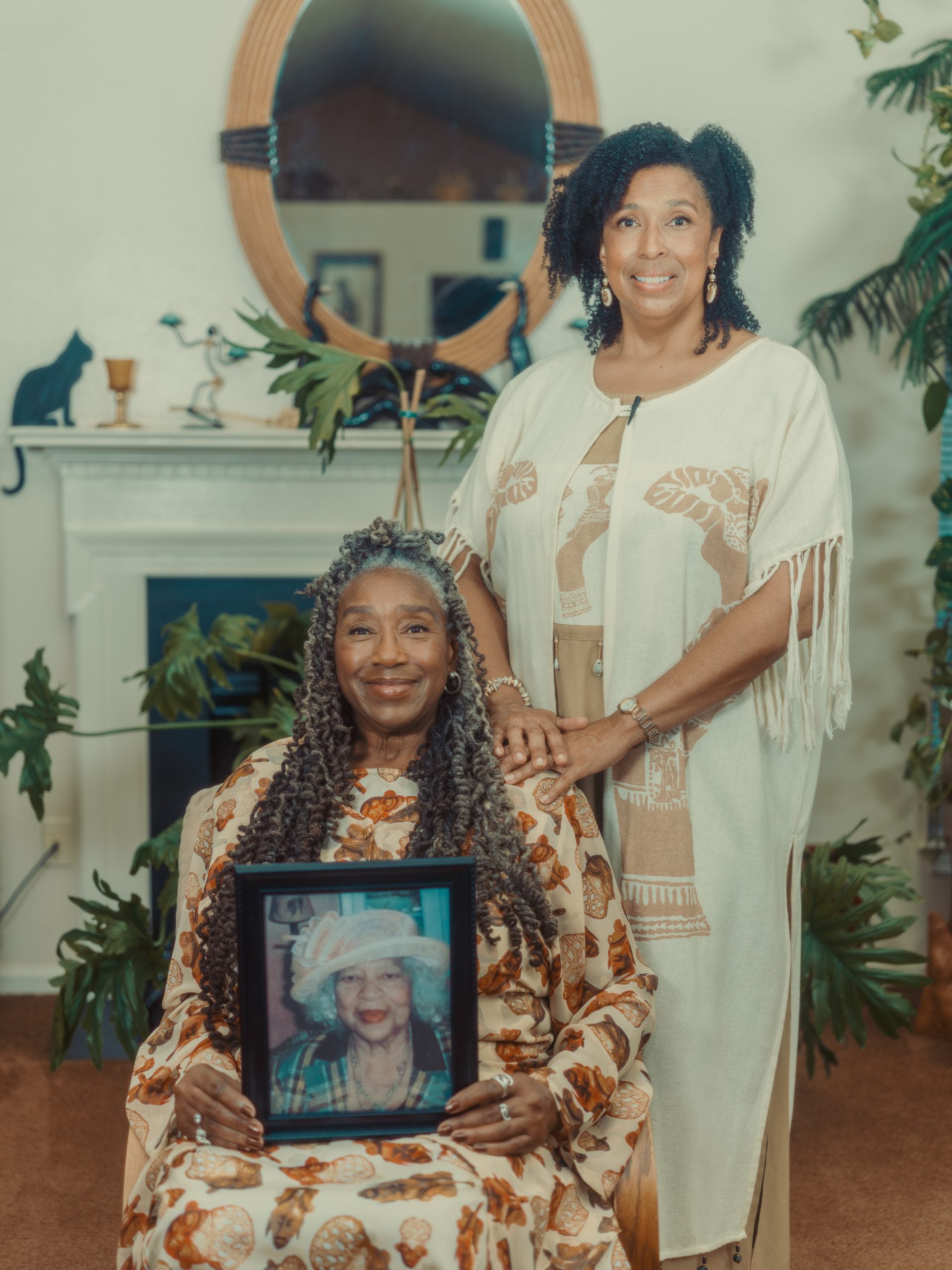
A powerful new portrait series reimagines the legacy of care work in America by focusing on an often-overlooked yet essential group: Black domestic workers. These individuals—house cleaners, nannies and home care workers—have quietly shaped families and communities for generations, often facing inequities and erasure despite the vital nature of their work.
The Legacy of Care, A Portrait Series, presented by the National Domestic Workers Alliance (NDWA), celebrates these caregivers through intimate family portraits. Captured by acclaimed photographer Braylen Dion, the photographs showcase the resilience, humanity, and quiet strength of these essential workers. The project offers a poignant glimpse into their lives and contributions, elevating the often-unseen stories behind their labor.
Through these images, the series highlights those who have cared for others, often at great personal sacrifice. For many of the women featured, the project serves as both a celebration of their historical impact and an affirmation of their enduring role in American life. ESSENCE got an exclusive look at the portrait series ahead of its gallery exhibit premiere in New York City tonight.
“No matter who you are or where you’re from, at some point, you will need care or provide it. Recognizing the value of care work is essential. Life without care workers would look very different,” says Alicia Cleveland, a 46-year-old nanny from Atlanta, Georgia, featured in the series. Cleveland has been a care worker for 25 years.
In her portraits, Cleveland and her family hold a picture of her grandmother and great-grandmother, honoring their legacy. Her mother and aunt join her, both of whom also have roots in domestic work. Her aunt worked in formal domestic roles early in her career, while her mother cared for neighborhood children and cleaned homes—though it wasn’t formally recognized as “domestic work” at the time.

“Being able to have a picture with all of us—five generations—was just amazing,” Cleveland tells ESSENCE, her smile lighting up at the memory. “We were excited to do it, but once it all came together, to know we’ll have this forever… It was a whole vibe, like a celebration of being a part of history.”
For Betsy Tyler, a 56-year-old care worker from Charlotte, North Carolina, participating in the portrait series was deeply personal. “It meant a lot to me,” she shares. “I had just lost my mom a month after finding out I was chosen for this. Caregiving is in my roots—my grandmother and mother were domestic workers. It’s part of who I am,” says Tyler, who has been a caretaker since the age of 16.
In her portrait, Tyler sits alone. She is near a picture of her mother, has a flower from her grandmother’s garden in her hand and memories of a family rooted in care. “I tell my children to be better than me and better than their grandmother. How you do that is by caring and understanding where you come from, then building on that to make the world a better place,” she says.

The portraits are deeply intentional, capturing each woman at home with their family, surrounded by the environments that reflect their life. These photos reveal care workers as they genuinely are—everyday people who do so much for so many in need of care.
According to Dion, every detail—from the choice of settings to wardrobe—was carefully considered to allow the women to present themselves authentically. “Being able to go inside these women’s homes made this feel more like my personal work—intimate, soft, and calm—than a typical commercial job,” Dion tells ESSENCE.
He explains that this approach sought to counter the depersonalized, corporate imagery often associated with care work. “When I’m in New York, I see caretaker ads with a corporate feel—cut out on white backgrounds. They don’t feel connected. This project allowed me to show the humanity and intimacy of care work in a way that feels real,” he explains.

“Having this spotlight on care workers through this series is a way to give them some of the flowers they deserve. These are real people with real stories, and this is a chance for their work to be seen and valued,” says Dion.
The women featured in the series embody a legacy of care spanning generations. Through their participation, they also hope to shed light on the challenges domestic workers face, including low wages, lack of formal contracts, and limited access to sick leave or paid time off.
“We’re here to care for your family, but if I’m not able to have the time to care for my family or even myself, then where does that leave me?” Cleveland asks pointedly.
For Tyler, the series is not only a celebration but also an opportunity to educate and inspire. “I want people to see where we come from and understand that we all have the power to make life better. It starts with one small step—speaking up, getting involved, or simply showing care,” she says.
Tyler also emphasizes the importance of collective action within Black communities. “A lot of people don’t realize the power we have to create change. Voting, speaking up, and standing together can make a difference,” she adds.
By spotlighting these stories, the series challenges us to honor the contributions of women across the country. As Tyler puts it, “It’s not just about remembering the past—it’s about building a better future for those who care for all of us.”
The Legacy of Care: Portrait Series exhibition officially opens Tuesday night in Brooklyn.